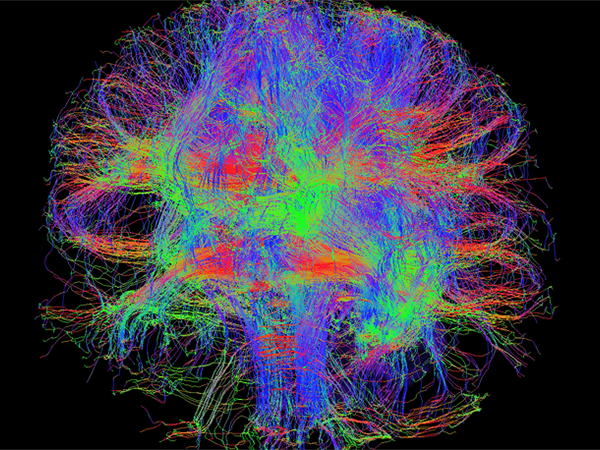NIH Awards Grant for Development of Geriatric-Specific mTBI Diagnostic and Prognostic Testing System
 A $3.5 million SBIR grant from the National Institute of Neurological Disorders and Stroke (NINDS) was awarded to BRAINBox Solutions to support the clinical development of a multi-modal system for the diagnosis and prognosis of occult mild traumatic brain injury (mTBI or concussion) and cognitive impairment in elderly patients.
A $3.5 million SBIR grant from the National Institute of Neurological Disorders and Stroke (NINDS) was awarded to BRAINBox Solutions to support the clinical development of a multi-modal system for the diagnosis and prognosis of occult mild traumatic brain injury (mTBI or concussion) and cognitive impairment in elderly patients.
The company and its clinical collaborators, including Carilion Clinic and the Virginia Tech Carilion (VTC) School of Medicine, will develop BRAINBox Geriatrics, which builds on the BRAINBox TBI adult test that is currently undergoing a pivotal clinical trial (HeadSMART II). It is designed to integrate blood biomarkers with functional tests to enable rapid mTBI diagnosis and prognosis at the bedside with a single device. There are currently no approved blood biomarker tests for diagnosis, nor combined with functional testing and no approved prognostic tests.
"mTBI in geriatric adults is a major and growing public health concern, yet this population remains the most underrepresented population in TBI research," stated Ramon Diaz-Arrastia, MD PhD FAAN, Presidential Professor, Director of Traumatic Brain Injury Clinical Research Center at the University of Pennsylvania. "As a result, there are no objective tools to accurately diagnose or predict outcomes in geriatric TBI patients." Dr. Diaz-Arrastia serves on the BRAINBox Scientific Advisory Board (SAB).
Damon Kuehl, MD FACEP, Vice Chair of Emergency Medicine for Carilion Clinic and Associate Professor of the VTC School of Medicine's Department of Emergency Medicine, commented, "Elderly patients requiring acute care visits after evidence or suspected head trauma commonly receive computed tomography (CT). Despite most geriatric patients receiving this test, CT is very limited as a diagnostic or predictive tool in the geriatric TBI patient. TBI-related abnormalities are present on CT in only 10 percent of patients evaluated in emergency departments, yet a significant number of patients have disabling TBI symptoms despite initially negative imaging." Furthermore, he noted that TBIs and dementia, which also predominantly affect the elderly, have a well-documented and dangerous interplay. Dr. Kuehl is an investigator on the grant and a member of the BRAINBox SAB.
The grant will support the test's development and clinical trial, The HeadSMART Geriatrics Study. The system will integrate the BRAINBox system components developed, building upon data from the HeadSMART I (Head injury Serum markers and Multi-modalities for Assessing Response to Trauma) Study (completed in 2017), and the HeadSMART II Study launched as an expansion of the original study, intending to validate the combined device as a system and obtain FDA clearance.
Through the grant, the BRAINBox TBI test will be modified as necessary to refine the system for optimum performance in this underserved and difficult to diagnose population. The resulting system will then be equilibrated to the geriatric population, designed to enable rapid mTBI diagnosis and prognosis at the bedside with a single device. Rachel Gardner, MD Associate Professor at the Memory and Aging Center at the University of California San Francisco, acted as an advisor to the design and development of the Geriatrics Clinical Study.
Donna Edmonds, BRAINBox CEO, stated, "We are grateful for this additional funding, which provides us the opportunity to expand our technology, clinical and scientific evidence to this important population. With this grant, we are one step closer to our goal of developing TBI tests for all patient groups. In addition to the HeadSMART Geriatrics and HeadSMART II trial of the BRAINBox TBI System in adults, we plan to launch the HeadSMART Pediatrics clinical study in the first half of 2022."
The BRAINBox TBI Test is a novel point-of-care (POC) system that applies a multi-modal approach to the diagnosis and prognosis of TBI. The system uses a multiplex biomarker fluorescent immunoassay, together with tablet-based neurocognitive testing to algorithmically diagnose and provide a prognosis in mTBIs.